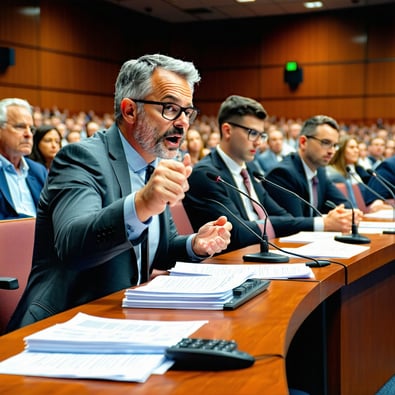A troubling incident has surfaced from the Detroit Juvenile Detention Center, where a 22-year-old mentor is accused of distributing marijuana-infused gummies to four teenage detainees. According to investigators, staff members became concerned when the 17-year-old youths began behaving unusually — appearing lethargic and disoriented. This led to an emergency response in which all four teens were transported to the hospital. Thankfully, they were treated and later released.
The man at the center of this case, Joseph Robinson, now faces eight felony charges, including distributing drugs to minors and smuggling contraband into a correctional facility. He has been released on a $5,000 bond and could face up to eight years in prison if convicted.
This case raises serious questions about oversight and safety in juvenile detention centers, especially when it comes to the screening and monitoring of staff and mentors. On one hand, introducing mentors into juvenile detention facilities is a widely supported approach. Mentors can provide guidance, emotional support, and serve as role models to help at-risk youth build better futures. Numerous programs across the country have shown success in reducing recidivism and improving the well-being of incarcerated youth through structured mentoring.
However, the downside becomes starkly apparent in cases like this. When mentors abuse their positions of trust, the impact can be both traumatic and far-reaching. Not only are the youth involved exposed to physical and psychological harm, but the integrity of the entire rehabilitation system can be called into question.
Moving forward, facilities may need to reconsider how mentors are vetted and monitored. Enhanced background checks, mandatory drug testing, and more frequent supervision could reduce the likelihood of similar incidents occurring. However, tightening oversight too much might limit access to well-meaning volunteers or overburden facilities already stretched thin.
There’s also a wider public debate about how cannabis-related offenses are treated in the justice system. While marijuana is legal for recreational use in many places, giving it to minors — especially in a juvenile detention setting — crosses a serious legal and ethical line. Whether Robinson's actions stemmed from negligence, malice, or poor judgment, the legal consequences he now faces highlight the continued tension between cannabis normalization and strict protection for minors.
As this case unfolds, it serves as a reminder of the delicate balance required to protect youth while offering them meaningful paths to rehabilitation.





